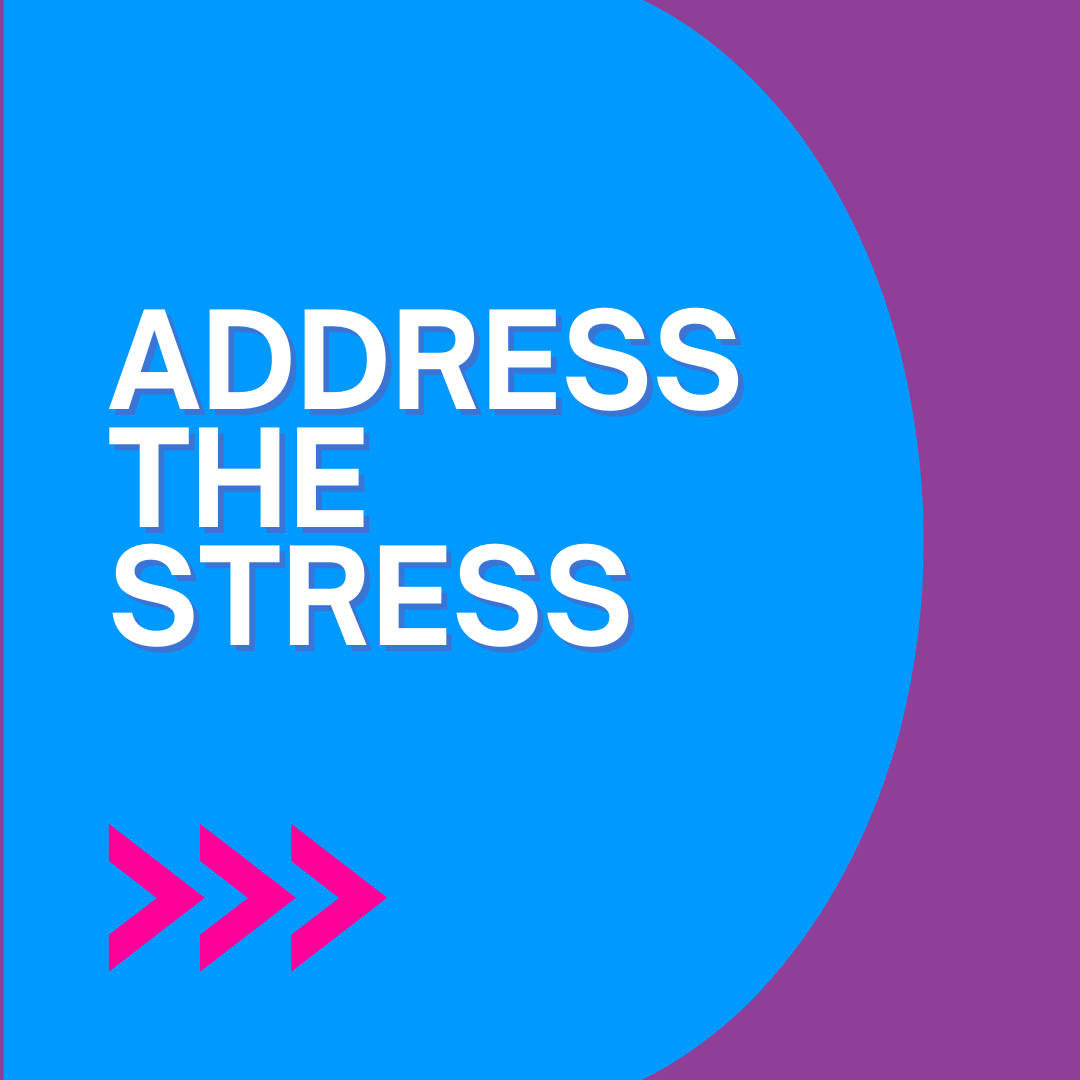Address the stress: how to take action to reduce work-related stress, and why
Published: 3 Apr 2023

Fatigue, stress, burnout – they’re words that many workers can relate to, especially after the demands of the pandemic. The culture of working overtime is commonplace: our recent research found that ¾ of UK parents and carers are working additional hours, and a fifth of them say it is the only way they can manage their workload. It’s no wonder that CIPD reports workload as the main causes of stress, which is responsible for—along with other mental health issues—18 million workdays lost in 2019/2020. Tackling the issue of stress in the workplace doesn’t just improve people’s working lives, it will help businesses thrive.
Enter, flexible working. Its effectiveness in tackling stress is evident from the figures. A study of over 6,000 employees showed that those working flexible hours had lower stress levels than those who didn’t have access to any form of flexible working. It’s becoming ever more apparent that flexible working has the potential to reduce absence rates as well as support mental health and stress, as highlighted by CIPD. When you consider that research suggests that most managers (71%) view flex as increasing productivity, being able to manage responsibilities and tend to your own mental health through flexible working is a win-win.
Based on our work with employers to embed flexible working practices, we’ve put together some suggestions for actions that employers can take to help reduce stress at work:
- Design jobs to be flexible and the workload to be manageable
- Whatever the role, all jobs can have an element of flexibility. It can helpful to think about output and break jobs down into tasks, as well as involving the wider team to consider solutions such as staggered starts or a shift swopping systems. Consider the workload of roles to ensure they’re not making unrealistic demands. To help you find the flex in every role we’re giving away a FREE Flex-Fit Job Analysis tool until the end of the month.
- Think about the causes of stress
- There are often other causes of stress impacting an employee’s ability to focus at work. If you’re able to, consider offering counselling, legal support or a debt support service to address underlying issues.
- Adopt ways of working that support wellbeing
- Create a culture where people feel able to bring their whole selves to work. Normalise conversations about wellbeing, train management in how best to support employees and facilitate flexible working.
- Encourage calendar control
- Normalise putting in meeting-free time to enable employees to have some autonomy over their time.
And here are some simple actions you can take to reduce your own stress at work:
- Digital prompts to take breaks
- We’ve all had those days when we haven’t left our computer, so set your calendar to remind you regularly to take a break.
- Plan focus time
- Everybody needs time in their day to concentrate, catch up or plan ahead, so block out your calendar to avoid being disturbed.
- Find a flex that fits
- At Working Families we’re here to help parents and carers who want to work flexibly. Our website has lots of information on flex and advice on making a request.
For Stress Awareness Month in April, we are giving away our Flex-Fit Job Analysis tool for free (usual price is £50).
You might also want to look at our advice page on workplace stress.